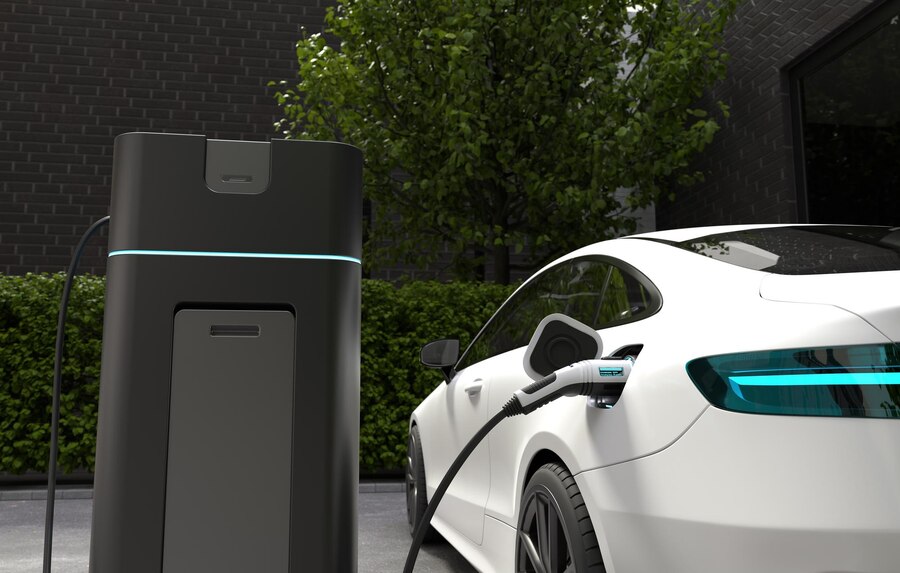Introduction: In the age of climate change awareness and technological advancements, the automotive industry stands at a pivotal moment. With concerns over fossil fuel dependency and environmental degradation mounting, the spotlight has turned to electric cars as a sustainable alternative. This paradigm shift is not merely about adopting a new mode of transportation; it signifies a broader transition towards a greener, cleaner future. In this comprehensive exploration of electric cars, we delve into their history, technology, environmental impact, challenges, and promising future prospects.
History of Electric Cars:
While electric vehicles (EVs) may seem like a recent innovation, their roots trace back to the 19th century. In fact, the first practical electric car was developed in the 1830s by Scottish inventor Robert Anderson. However, it was not until the late 20th century that electric cars gained traction, with pioneers like General Motors and Toyota introducing experimental models. The modern electric car revolution, however, truly began in the early 21st century, spurred by concerns over climate change and energy security.
Technological Advancements:
Remarkable technological advancements have driven the evolution of electric cars. Central to their functionality are lithium-ion batteries, which store and deliver electricity to power the vehicle. Over the years, battery technology has made significant progress, leading to increased energy density, longer range, and faster charging times. Moreover, innovations in electric motor design and regenerative braking systems have enhanced the efficiency and performance of electric vehicles, making them competitive with their conventional counterparts.
Environmental Impact:
One of the primary motivations behind the widespread adoption of electric cars is their potential to reduce greenhouse gas emissions and mitigate air pollution. Unlike internal combustion engine vehicles, electric cars produce zero tailpipe emissions, thereby improving local air quality and reducing the carbon footprint associated with transportation. Furthermore, when powered by renewable energy sources such as solar or wind, electric cars can effectively eliminate their lifecycle emissions, making them truly eco-friendly alternatives.
Challenges and Barriers:
Despite their numerous benefits, electric cars face several challenges and barriers to widespread adoption. Chief among these is the issue of range anxiety, wherein drivers worry about running out of battery charge before reaching their destination. Although the range of electric cars has improved significantly in recent years, concerns about charging infrastructure and access to charging stations persist. Additionally, the upfront cost of electric vehicles remains relatively high compared to traditional cars, although ongoing advancements and government incentives are gradually addressing this disparity.
Government Policies and Incentives:
Governments around the world are playing a crucial role in promoting the transition to electric mobility through a variety of policies and incentives. These include tax credits, subsidies, rebates, and grants aimed at making electric cars more affordable and appealing to consumers. Furthermore, regulations mandating stricter emissions standards and promoting the expansion of charging infrastructure are driving investment in clean transportation technologies. By creating a supportive regulatory environment, governments are accelerating the adoption of electric cars and fostering innovation in the automotive industry.
Consumer Adoption and Market Trends:
As electric cars become increasingly mainstream, consumer attitudes towards them are shifting. Growing awareness of environmental issues, coupled with improvements in electric vehicle technology, has led to greater acceptance and demand for electric cars. Furthermore, the proliferation of electric car models across various price points and segments is expanding the market appeal of electric mobility. As a result, sales of electric cars are on the rise globally, with forecasts indicating continued growth in the coming years.
Future Prospects:
Looking ahead, the future of electric cars appears promising. Continued advancements in battery technology are expected to further enhance the range, performance, and affordability of electric vehicles. Moreover, the electrification of other modes of transportation, such as buses, trucks, and even aircraft, holds the potential to reduce emissions across the transportation sector significantly. With increasing investments in renewable energy infrastructure and efforts to decarbonize the economy, electric cars are poised to play a central role in shaping a more sustainable and resilient transportation system.
Conclusion:
In conclusion, electric cars represent a transformative force in the automotive industry and a critical component of efforts to combat climate change and reduce air pollution. From their humble beginnings to their current status as viable alternatives to conventional vehicles, electric cars have come a long way. While challenges remain, the momentum behind electric mobility continues to grow, driven by technological innovation, supportive government policies, and changing consumer preferences. As we embrace the revolution of electric cars, we move closer to realizing a cleaner, greener future for generations to come.


